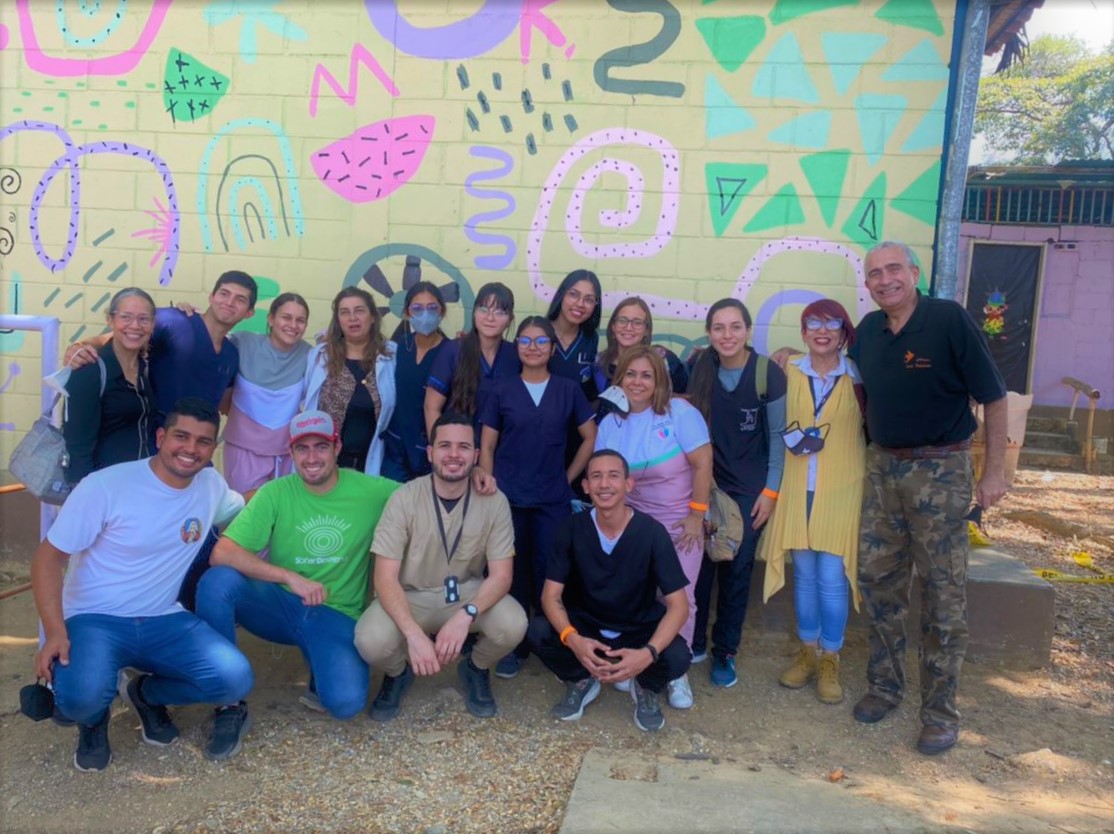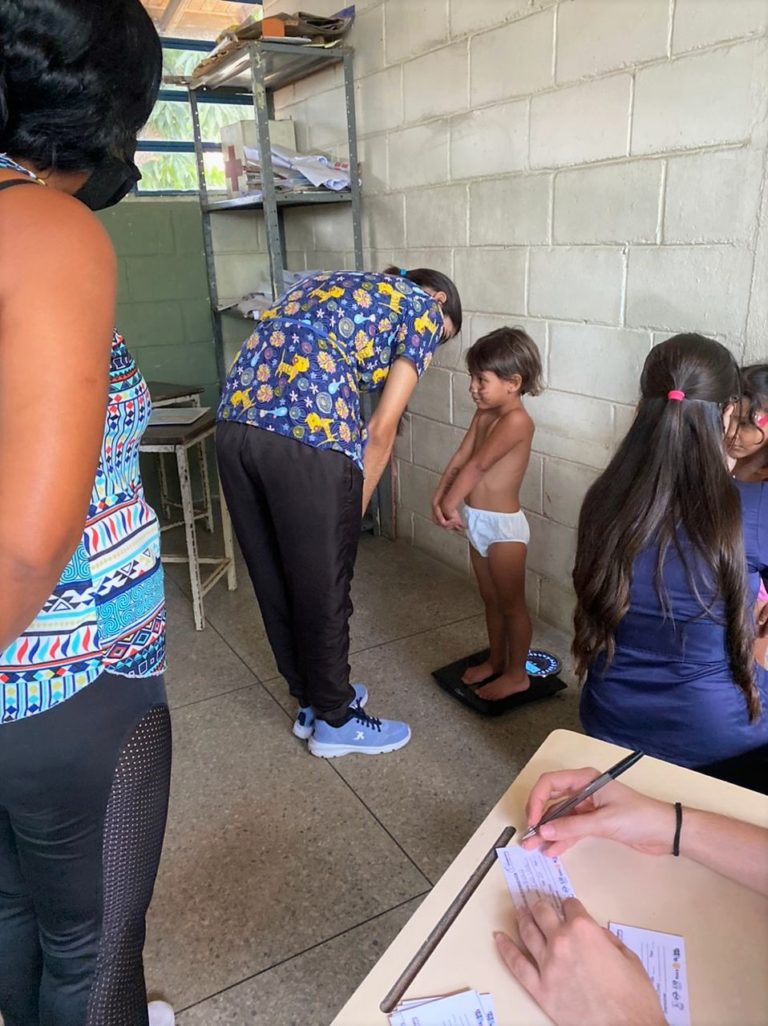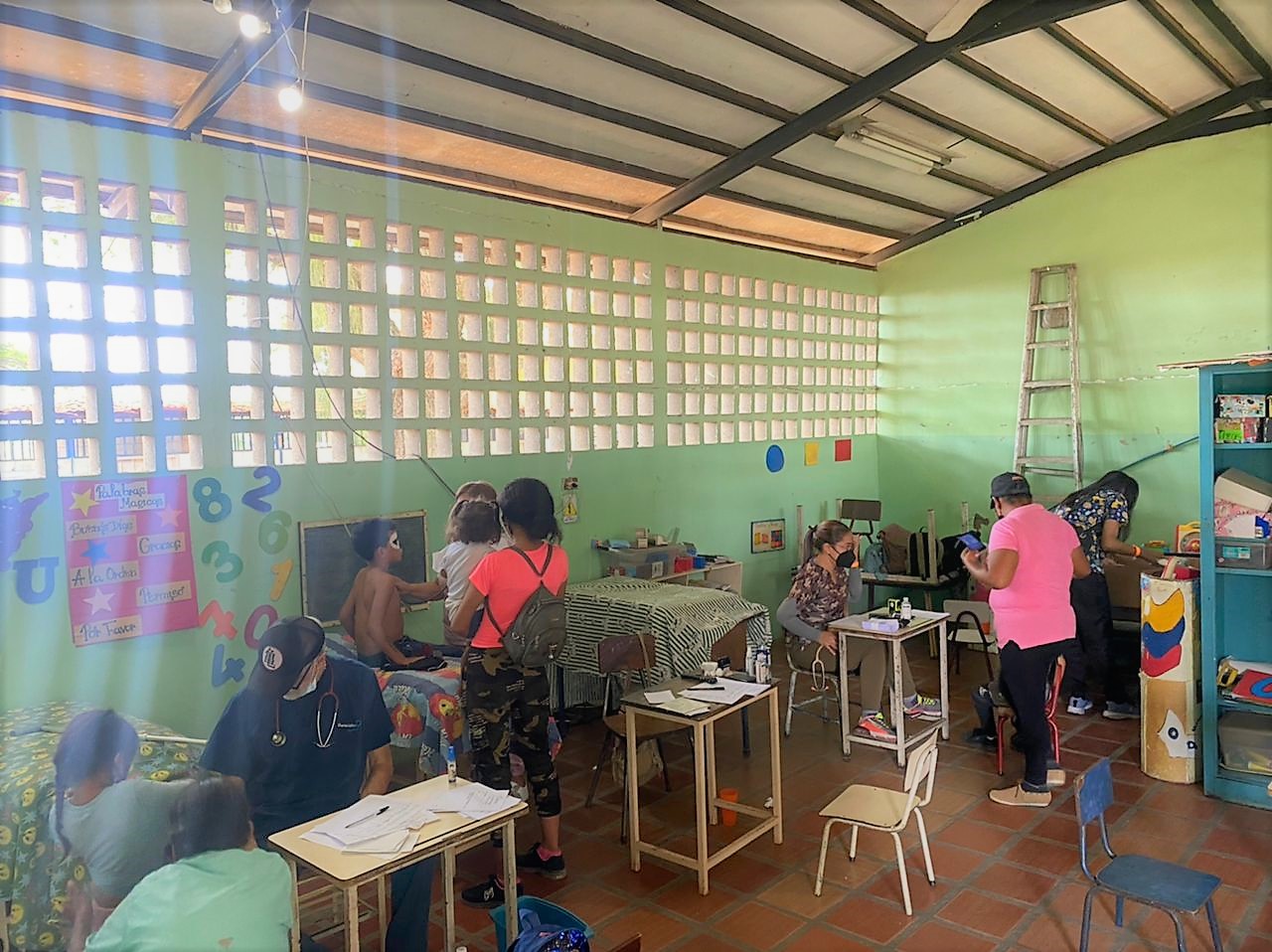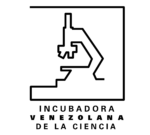-in the words of an IVC volunteer
Dear readers,
On March 11th, 2022, the Venezuelan Science Incubator (IVC) was featured in a special issue of Science magazine. The release commemorated two years of scientific tour-de-force past the day on which the World Health Organization first addressed the threat of COVID-19 with the official stamp of a pandemic.
Reading two years of articles speculating on an uncertain future—whose newest installments, hot-off-the-press, burned through the pages I hadn’t yet finished, this week’s issue proposed, at last, a round of applause for the victories of the past. Despite a still-disconsolate air surrounding the word pandemic, reading of our local efforts framed by headlines of international medical feats over SARS-CoV-2, inspired that feeling of optimism linked at better times, with the idea of an anniversary.
Both in context of COVID-19, and without, the IVC has always advocated for clinical aid in the provinces of Venezuela. This article told our history—that of student doctors working against political odds, even prior to the onset of the global health crisis. We all thought it to be an article so fibrous, natural, and undressed, that it could not have been truer had a looking glass been pointed at Venezuela herself. The story says: this is who we are, without pretense we are trying to help our country!


To the global scientific community, the tropical latitudes are a sort of blind spot. In some regions it’s for lack of better resources; in our case it is by impediment upon scientific inquiry done by an oppressive political regime. So, although it would appear that international medicine has eyes to the edges of Earth now, this is not the case for Venezuela. It hasn’t been the case for a long time.
Inasmuch, Dr. Richard Stone, editor at Science magazine and author of Healing Venezuela, has sought out the true corners of the world in writing about the IVC. His article amplified our voices and continues to welcome networks of support to assume the roles of edifices, against which these voices would also be granted an echo.
The diseases that the IVC has been treating for over five years are the diseases of abject poverty. Unfortunately, they unite a great at-risk population at the equatorial belt. My friend and IVC member, Natalia Vivas, once said that “rising temperatures further place selective pressures on tropical parasites, tightening the equatorial noose. With each failure to eradicate them, in the least to track them and document them, the parasites become smarter…they are the masterpieces of evolution…and simply the diseases of neglect.”
This message is not easy to get across, for memories are partitive. What I mean to say is that a journalist stands at one end of the gap of subtlety separating what has been seen from what is being reported. Yet, all of us spoke about how impressed we were with Dr. Stone’s understanding—and the article in Science shows!
It is heart-wrenching and provocative, but also entertaining. You see, the story of the Venezuelan Science Incubator has been so full of make-shift solutions in the faces of adversity. It is a story about dodging bullets (literally), about chance encounters with people who have become family, and about those whimsical, almost comical, ideas of assembling high-tech and low-tech resources in dire straits, simply to make a positive clinical impact. Along the way, I think that each one of us has learned the importance of our hearts and the inventiveness of our minds.
It makes an impression: thinking about how far we’ve come and the great compliment that is this mention in Science magazine. We are honored by the potential of international collaboration which something of this caliber may inspire. On behalf of all of us at the IVC, we thank Dr. Stone and Science for publishing our stories and our dreams. To the readers, we hope that you find this article as tremendous as we have, and that all remember: although neglected tropical diseases are global health concerns, each effort and every effect begins locally.
Atentamente,
Maryia Shaban, on behalf of every member of the Incubadora Venezolana de la Ciencia (IVC)

